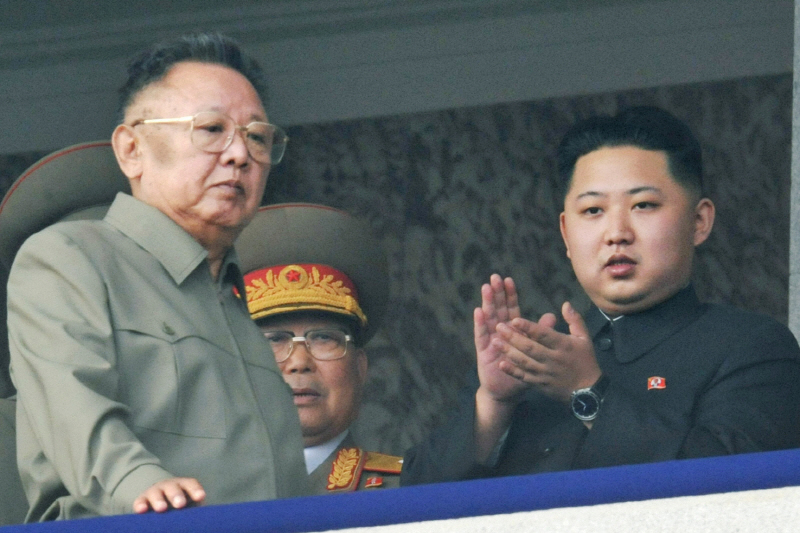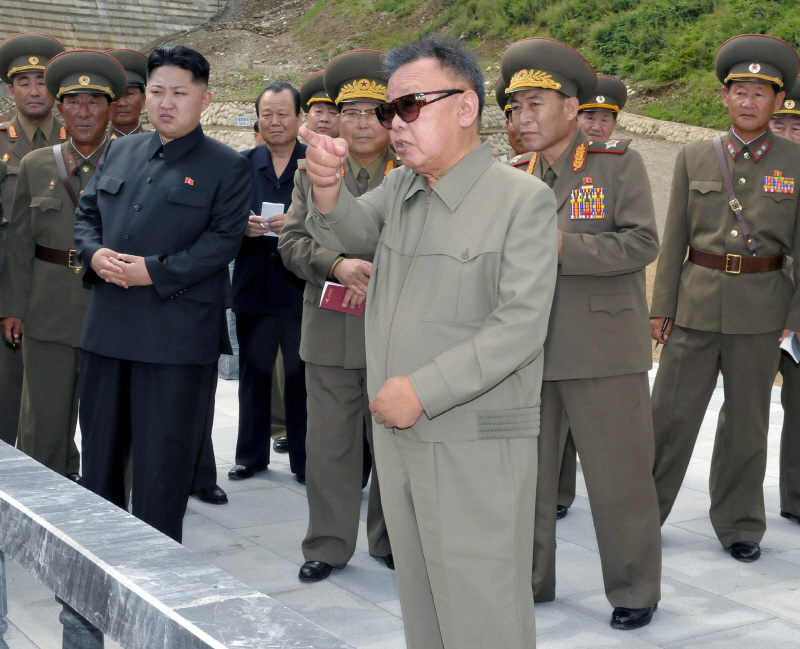Since the rise of Kim Jong-un’s regime, the number of key elite defections has more than doubled compared to the era of his father Kim Jong-il.
North Korea’s key elite class, including party, government, and military officials, diplomats, and overseas representatives, forms the backbone of the regime. The defection of individuals from this group indicates that the regime is crumbling from within, and such a phenomenon is indeed happening now.
According to Chosun Ilbo, which obtained the data from the Ministry of Unification, 188 elite defectors have been classified by the National Intelligence Service (NIS) as requiring “exclusive protection” since the start of such records in July 1997.

Among them, 54 defected during Kim Jong-il’s rule, while 134 have fled since Kim Jong-un took power. Those classified under “NIS exclusive protection” are individuals whose defection could have a significant impact on national security, as determined by the NIS director.
These defectors are primarily from North Korea’s Ministry of Foreign Affairs, military, intelligence agencies, and regime security institutions. The concentration of elite defections is notably higher during Kim Jong-un’s 13 years in power compared to Kim Jong-il’s 14-year rule.
When compared to the overall number of North Korean defectors, the surge in elite defections is even more significant.
During Kim Jong-il’s era, only 0.23% of the 23,027 defectors were from the elite class. In contrast, 1.22% of the 10,985 defectors under Kim Jong-un’s regime belonged to the elite, a 5.3-fold increase.
In interviews with Chosun Ilbo, six elite defectors unanimously expressed significant discontent within the core elite class, stating that “the Kim Jong-un regime has no future.” These individuals experienced all three generations of the Kim dynasty—Kim Il-sung, Kim Jong-il, and Kim Jong-un—and defected between 2014 and 2020, after the establishment of Kim Jong-un’s regime.

A former diplomat explained, “I didn’t want my children to live the same life as me and my parents. While many of my colleagues share the same thoughts, they have yet to find the courage to act.”
Ri Il-gyu, who defected from North Korea’s embassy in Cuba last year and has since settled in South Korea, said in a recent interview with Chosun Ilbo, “I admired the free world and found hope by searching online for the lives of former diplomats Go Young-hwan and Tae Yong-ho, who settled in South Korea after defecting earlier.”
This suggests that more defectors like Ri Il-gyu could emerge at any time.
The Ministry of Unification confirmed Chosun Ilbo’s report on August 22, stating, “There has been an increase in the number of high-ranking North Korean officials defecting and entering South Korea recently.”
A ministry official said, “While we cannot disclose specific details about the status of these high-level defections due to concerns for the safety of the defectors, we are closely monitoring the trend of high-ranking officials defecting and entering the country.”
BY YOUNGNAM KIM [kim.youngnam@koreadaily.com]




